Why is Italy selling houses for 1 euro?
In recent years, some small towns in Italy have caused a stir by selling houses for as little as 1 euro (nearly 27,000 VND). This has attracted many Europeans when house prices in the UK and some other countries are out of reach.
Why did Italy implement this policy?
In fact, young people in this country are increasingly migrating to big cities and choosing modern, international jobs. Rural jobs are no longer an option for them. Many villages in remote rural areas in Italy are abandoned while the population is small and aging.
Owning a second home in Italy is taxable, so many people would rather sell their unused homes than hold on to them. So some 25 towns in Italy are offering a symbolic price of 1 euro to the future owners of these homes.
They hope that the low-cost renovations will pay off for buyers as the homes’ values increase above their nominal original prices. These localities hope that the housing improvements will help revitalize abandoned small towns and restore their cultural identity.
These houses are published on the website 1eurohouses.com.
Local governments in regions like Emilia-Romagna, Abruzzo and Campania are also hoping the influx of new homeowners will stimulate their economies. They hope it will spur consumption of local products, hire construction workers, pour money into local attractions and sites, and even boost tourism by creating hotels or homestays.
Which house costs 1 euro?
These 1 euro homes are not new, but are often run down and in need of major structural work. Buyers are investing in a home that needs fixing up, not a home that is ready to move into.
However, renovation costs are still relatively low compared to other countries, around 20,000-50,000 euros (523 million VND - 1.3 billion VND) depending on the size of the property.
Most of the homes are small village houses or cottages. Some historic properties are also for sale at much higher prices. For example, a former monastery on the outskirts of Bologna estimates that the necessary renovations could cost 1.5 million euros.
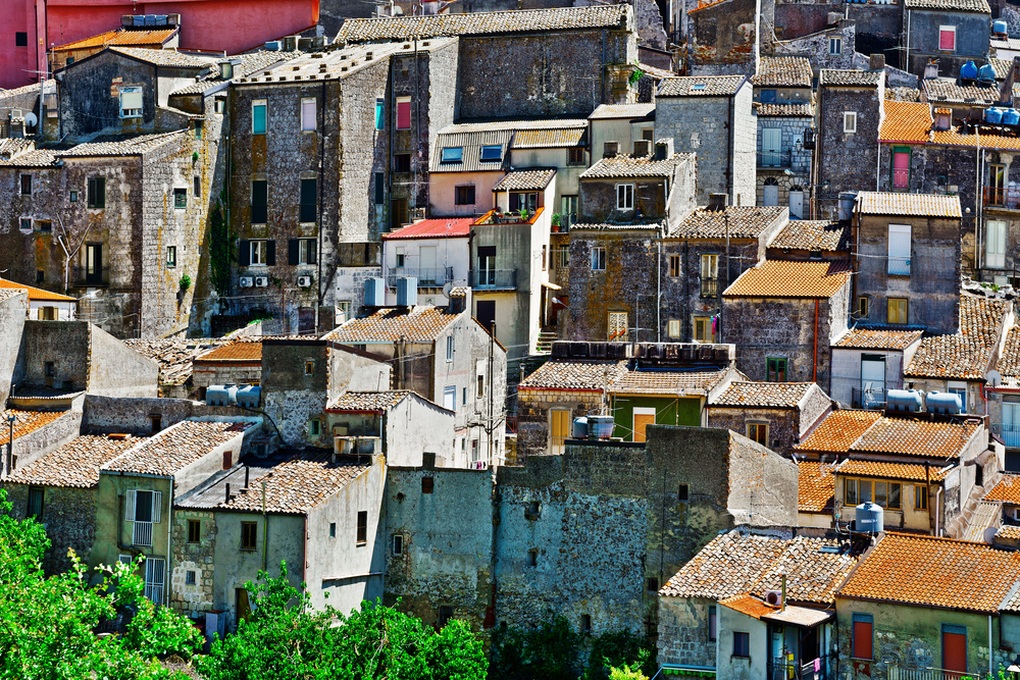
1 euro houses in Italy (Photo: Live in Italy Magazine).
Additionally, legal fees for buying a home can be up to €3,000 and some cities also require a €1,000-€10,000 bond to secure a commitment to renovation.
In return, Italy also exempts taxes on the construction costs of these houses.
On the buyer's side, they cannot make vague promises about home renovations, but must submit detailed information about the renovation project within 2-12 months of purchase (depending on location), starting within 1 year and completing within the next 3 years.
It is also important to note that not every house is worth 1 euro. Normal houses will be auctioned. Some houses are worth 5,000 euros or even 20,000 euros.
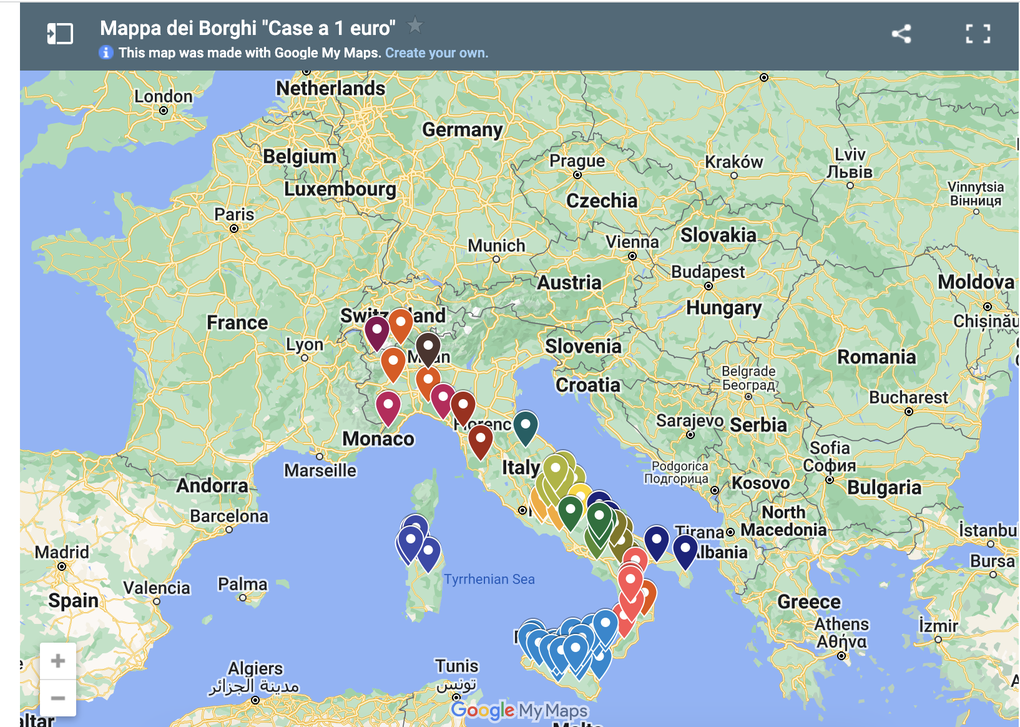
Map of 1 euro houses in Italy (Screenshot).
Who can buy a house for 1 euro?
The website case1euro.it clearly states the conditions for buying a 1 euro house in Italy. Accordingly, the buyer must have enough money to carry out procedures related to legality, permits, deposits, renovation projects, and building permits.
Some localities also require that the facade of the house be maintained in its original condition. Some areas require the buyer to live in the house after renovation, while others allow the house to be converted into a vacation home or small lodging business.
Buyers who do not reside in Italy or do not speak Italian may face additional barriers to purchasing this type of property.
Non-EU residents can still buy property in Italy as “non-residents”. This means buyers pay higher taxes than locals and can spend up to 180 days a year in the home, but no more than 90 days at a time.
To visit more frequently, they will have to apply for residency in Italy, which involves proving they have enough money to support themselves without needing to work in the country.
Rubia Daniels - an investor from the US - said that buyers need to come directly to see and check the actual condition of the house before deciding to pay, even if the price is very cheap.
Source








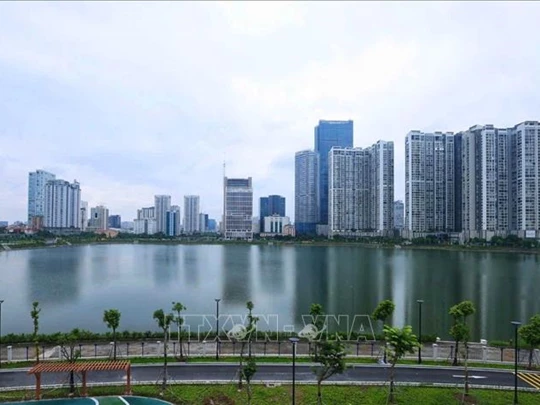



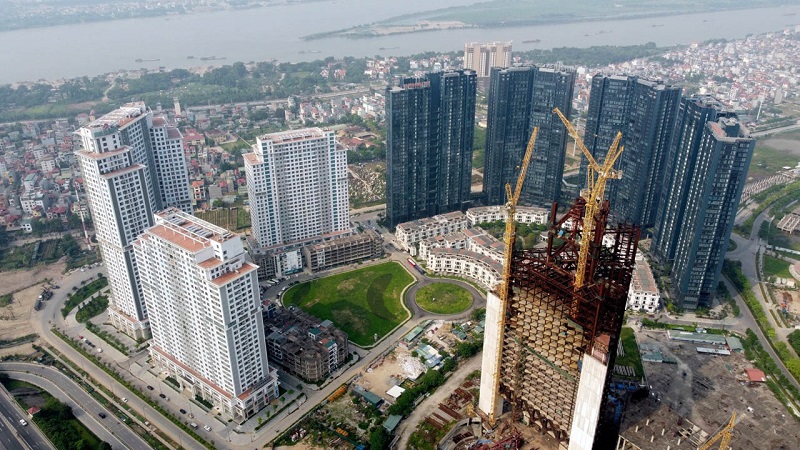

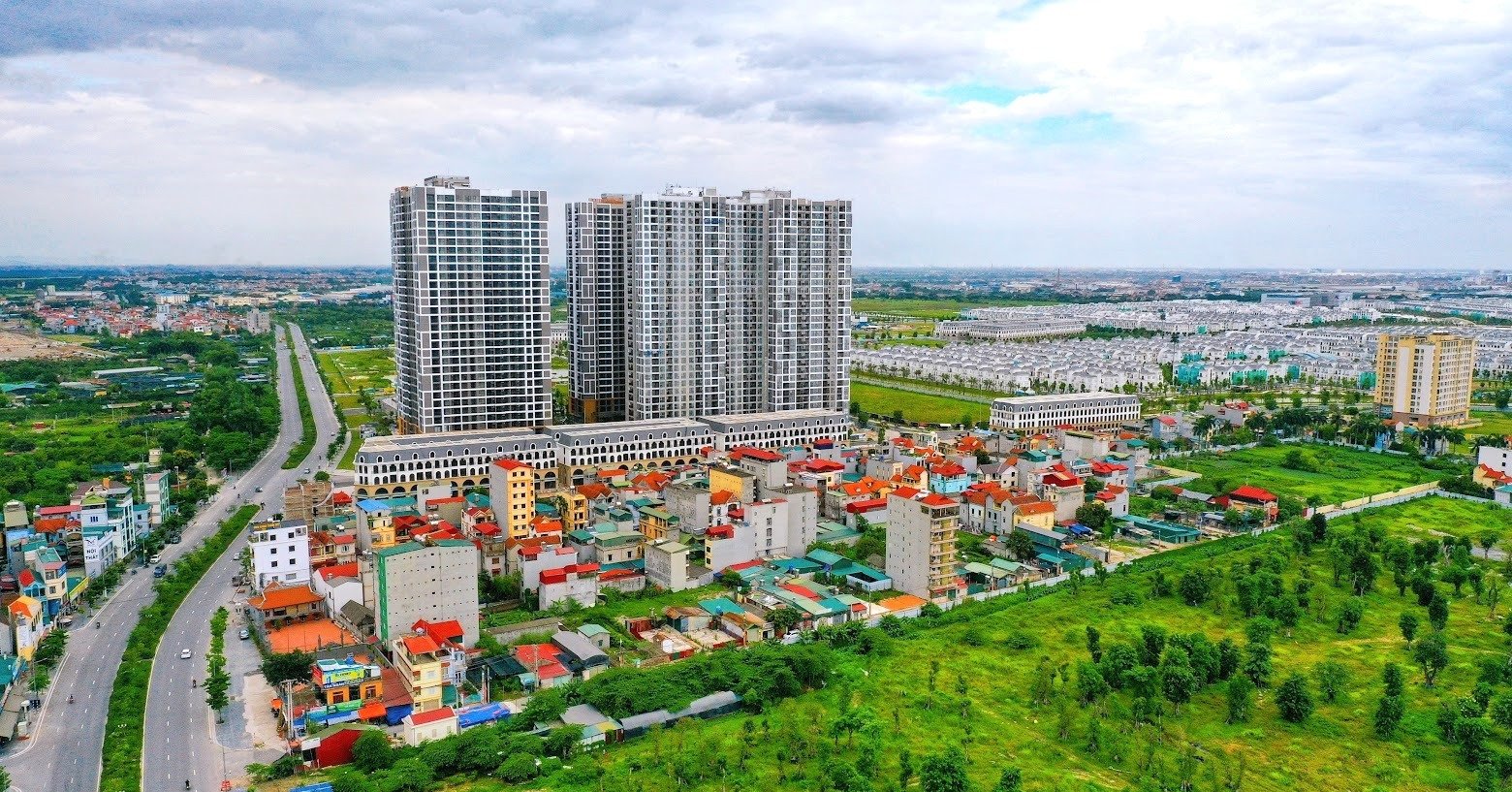



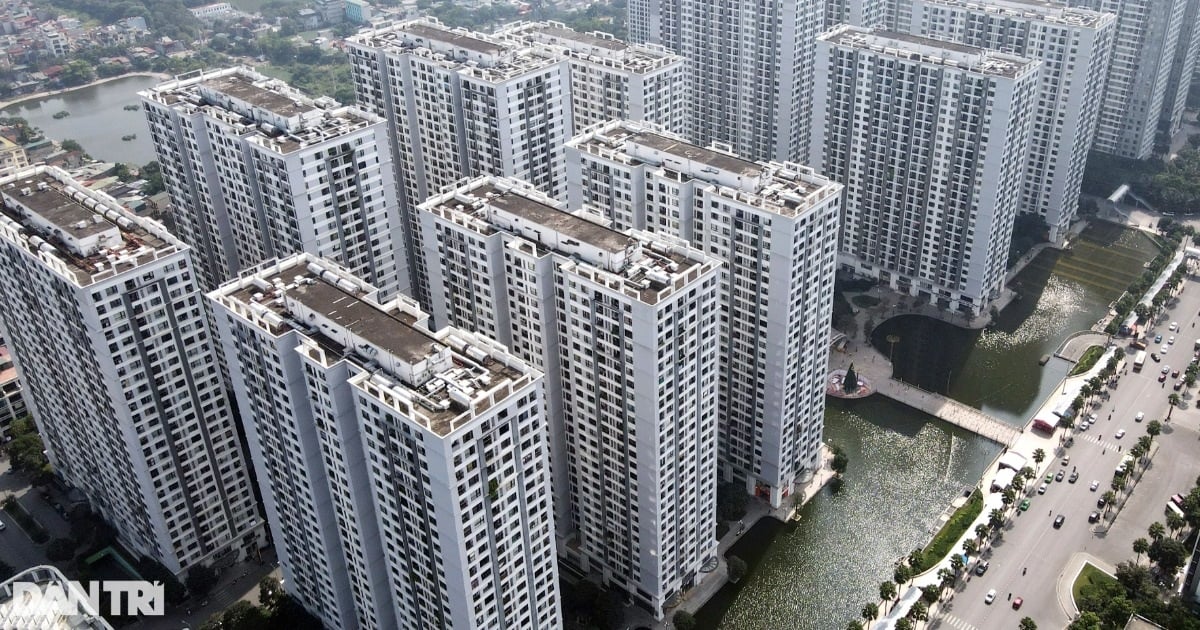





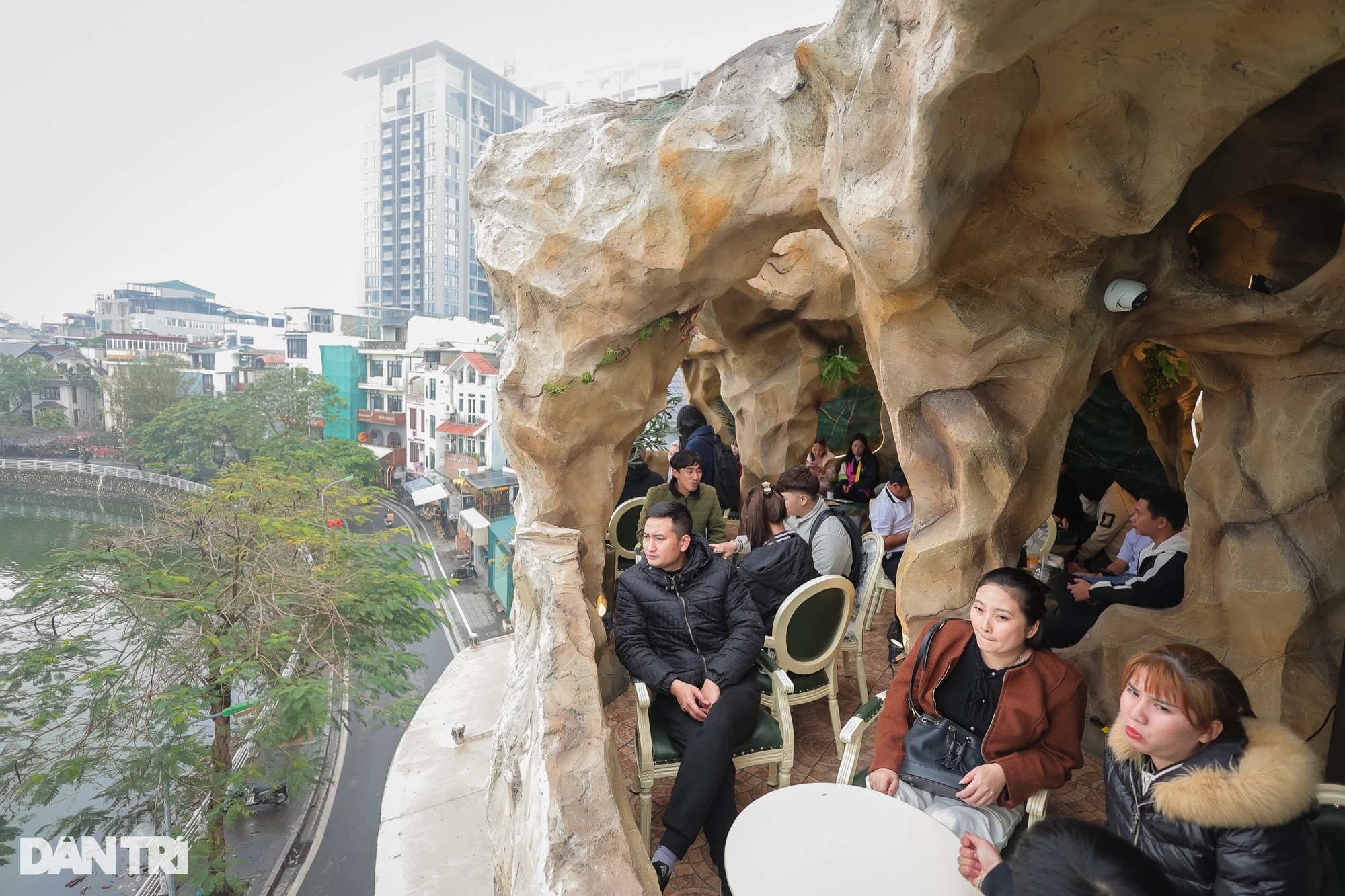

















Comment (0)